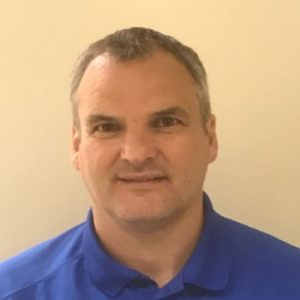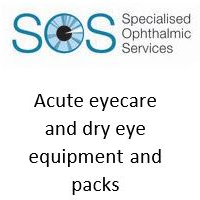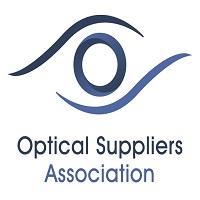General News
Expand community eye and hearing services say Health Leaders
Expand community eye and hearing services say Health Leaders
Health leaders are urging the government to expand community eye and hearing care services to improve patient access and support the economy.
The call for greater use of proven local care models is set out in a new Specsavers report, featuring contributions from senior figures including leading clinicians, the founder of Specsavers and the NHS Confederation.
The document also details the economic benefits of community services, including job creation and increased high street footfall, as well as for example reducing the economic cost linked to hearing loss that runs into billions of pounds.
The report comes in the wake of Health and Social Care Secretary Wes Streeting publishing his 10-year plan for health and setting an ambition for the NHS and social care to help deliver economic growth as well as provide public services.

Specsavers clinical services director for optics Giles Edmonds and chief audiologist Gordon Harrison say: ‘We are calling for consistent community glaucoma services, universal access to urgent eye care via high-street optometrists and a nationally commissioned NHS primary care audiology service, to ensure timely care for people with age-related hearing loss.’
They add: ‘This report highlights proven community models that improve efficiency, ensuring more patients get the care they need, as soon as they need it.’
Despite parliamentarians and policy makers acknowledging the role of community optometry and audiology in neighbourhood health, access remains inconsistent, notes the report.
‘Our sector has the capacity, technology, and skills to do more,’ add Mr Edmonds and Mr Harrison. ‘National governments, health boards, and Integrated Care Boards should be encouraged to continue to make the policy decisions that will transform access, offering patients even greater convenience, choice, and control.’
In the report’s forward, NHS Confederation chief executive Matthew Taylor says that changing models of care is no longer optional with demand on the NHS rising and an ageing population living longer with increasing complex needs.
He adds: ‘We must evolve and adapt to new and different ways of working to serve our local communities best so the NHS as a model of care, free at the point of need, survives well into the 21st century.
‘The government’s 10-Year Health Plan provides the opportunity to drive this fundamental change and some of the examples detailed will help pave the way.’
In delivering accessible, high quality neighbourhood care, Specsavers founder and chairman Doug Perkins writes that the NHS must consistently include primary care optometry and audiology as essential partners.
‘We are ready, and the need is urgent,’ he says. ‘The 10-year health plan gives local leaders the power to innovate. We embrace this shift and call on policymakers to act now to tackle the “postcode lottery” in access to eye and hearing health services.’
He says that policymakers can do this through national commissioning, shifting funding into communities, and helping the public understand that the high street – not A&E – is the usually the most appropriate place for eye and hearing care. He describes Specsavers as an ‘engine of change’, adding: ‘Let’s continue to build a healthcare system that works for everyone.’
The report is available to download from specsavers.co.uk/reports/access-to-care-2025.

























